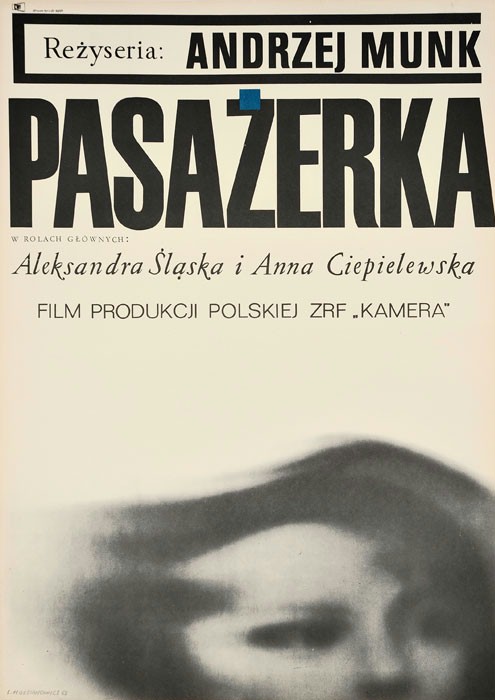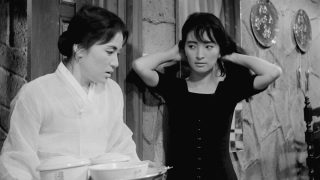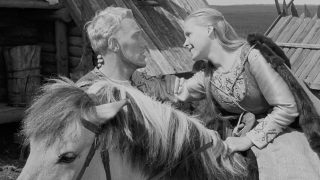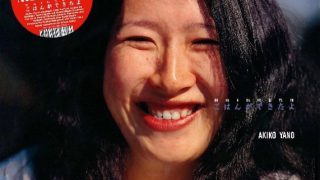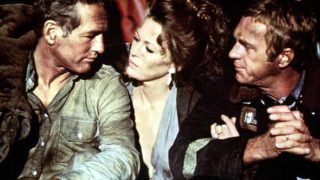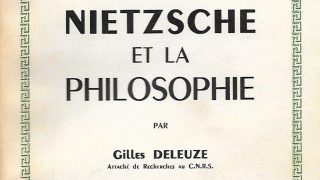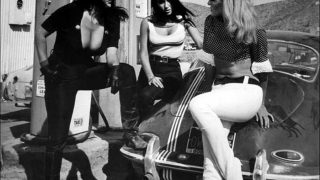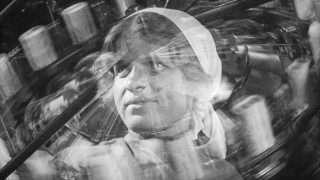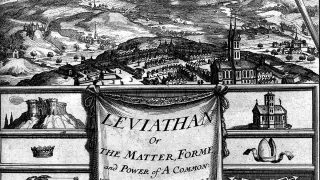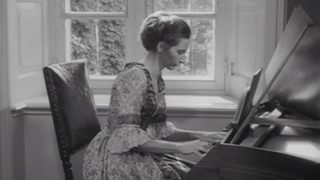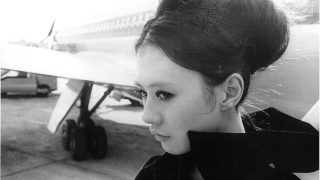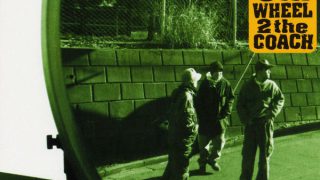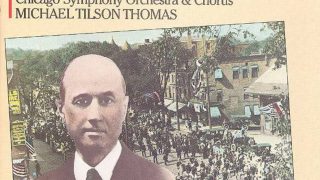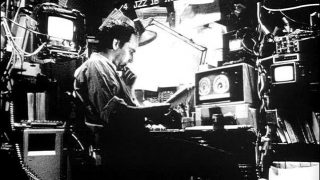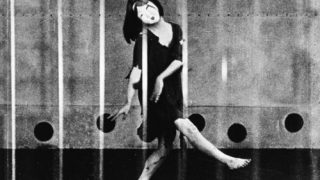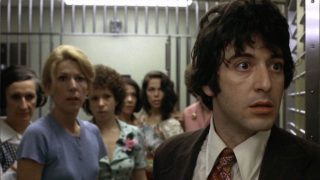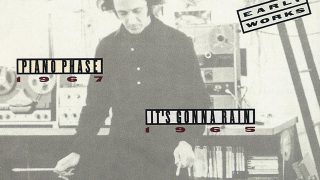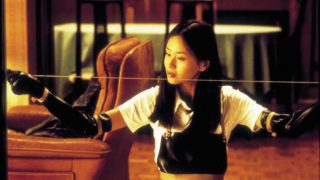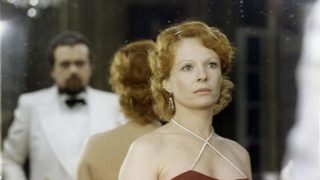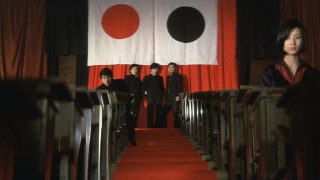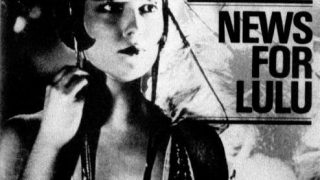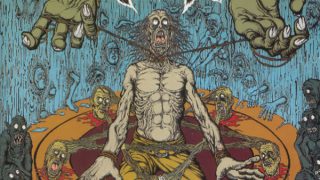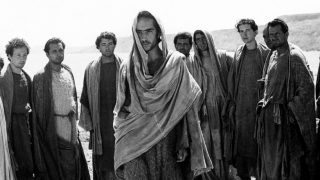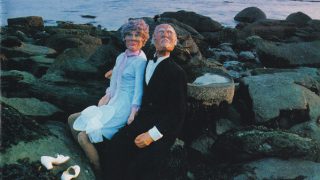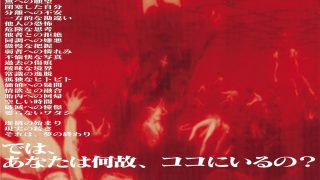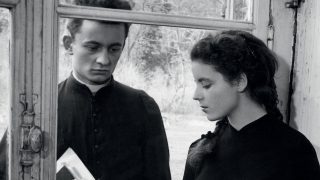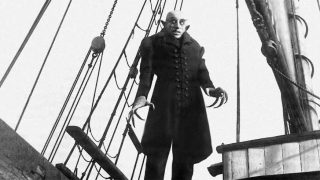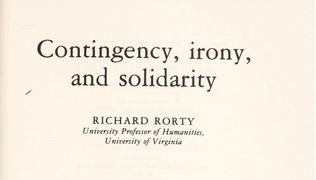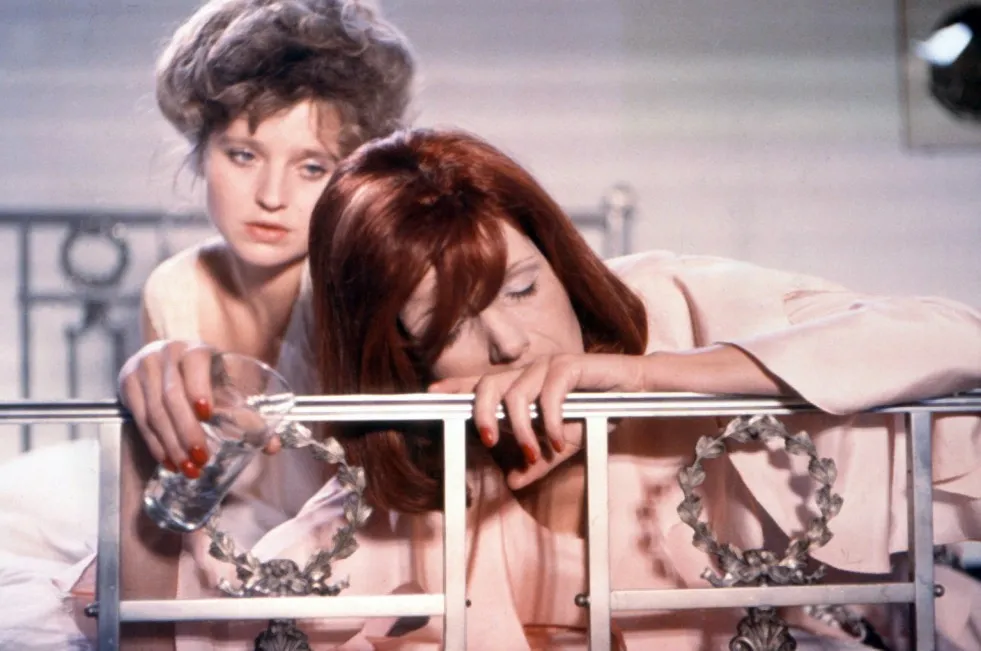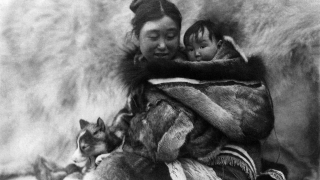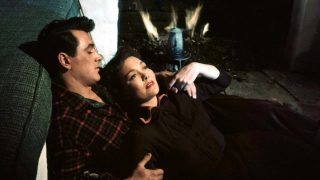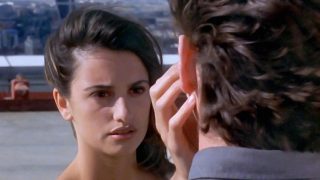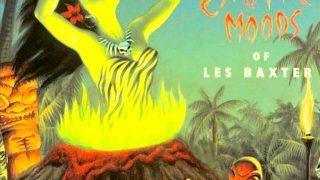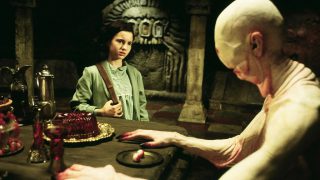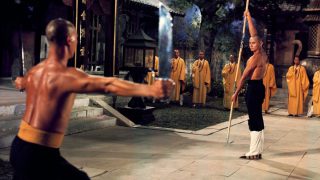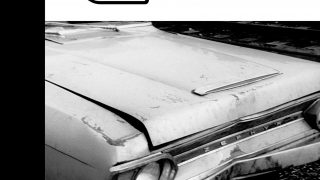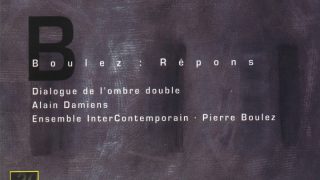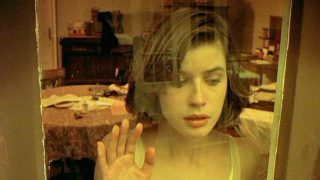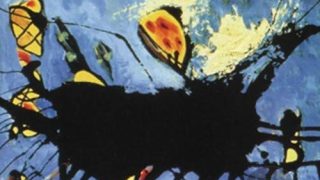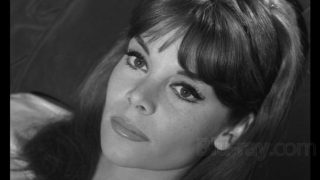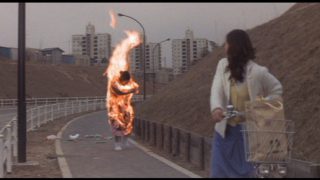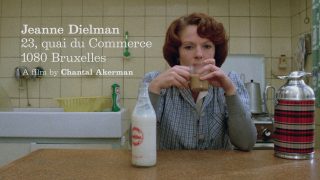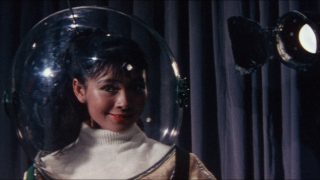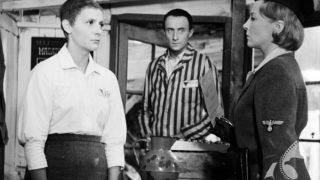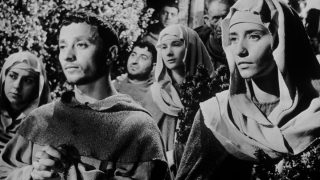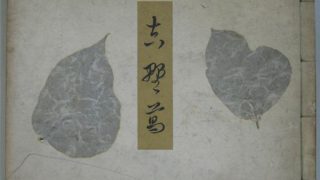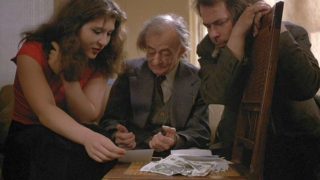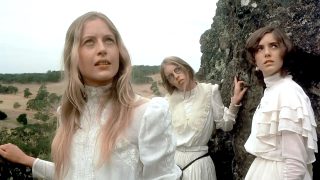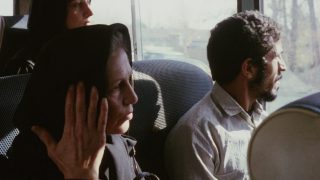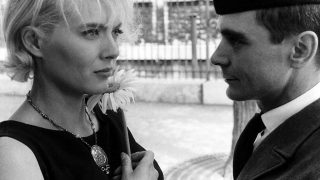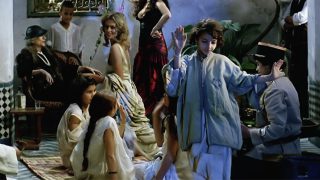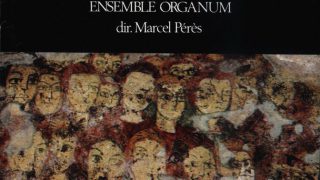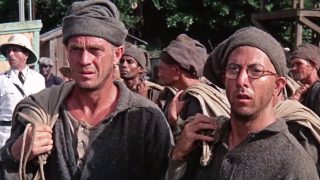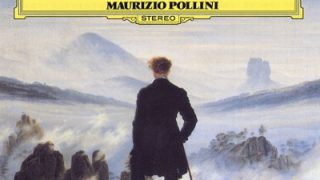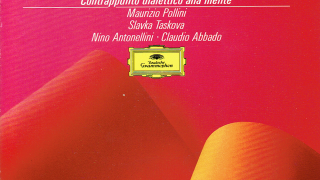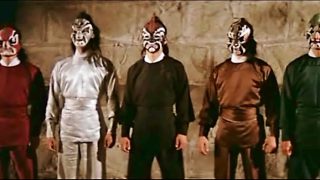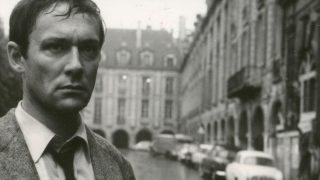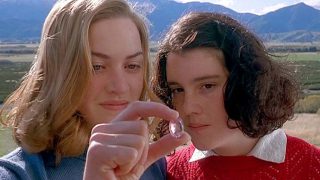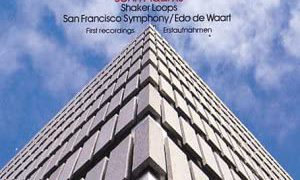Overview
“Passenger (Pasażerka)” is a 1963 Polish drama film directed by Andrzej Munk. The original Polish title “Pasażerka” means “a female passenger”.
It depicts the relationship between two women, a German guard and a Polish inmate, in the Auschwitz Concentration Camp during World War II in the form of a retrospective narrative.
It was based on the radio drama “Pasażerka z kabiny 45 (Passenger in Cabin 45)” (1959) by Zofia Posmysz.
The language is Polish. Black & white. 62 minutes.
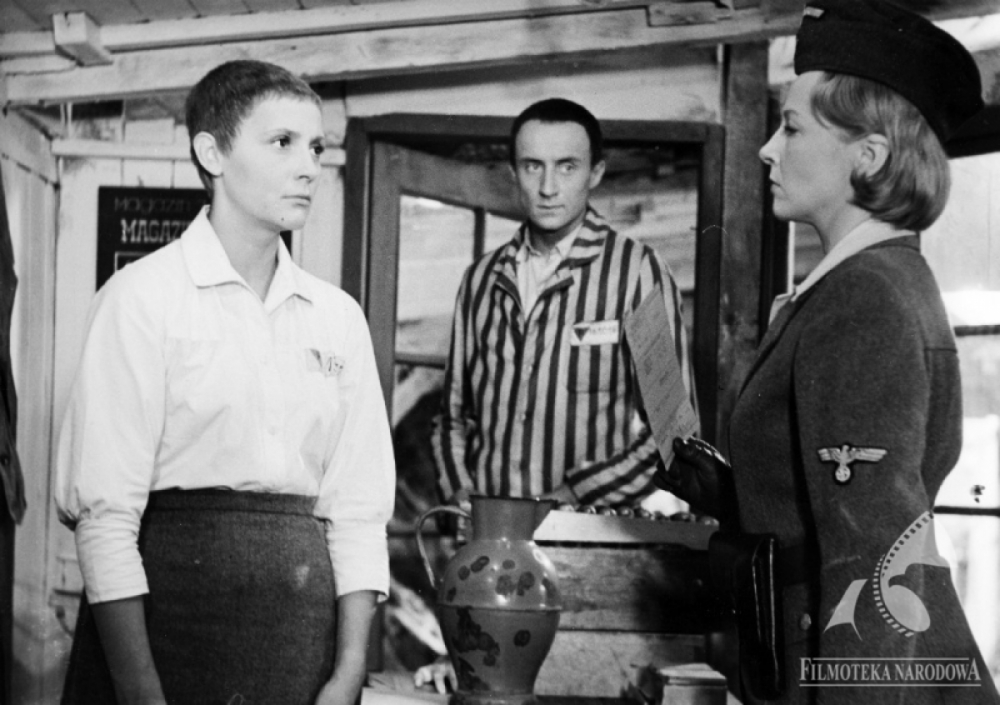
Plot
In the early 1960s, a German woman living in the United States, Lisa (Aleksandra Śląska) has been on her travels to her home country with her American husband Walter (Jan Kreczmar) on a transatlantic liner.
When the liner calls at a port in England, seeing a female passenger coming aboard the liner, Lisa becomes upset because the passenger is exactly like a Polish inmate named Marta (Anna Ciepielewska), who had a special relationship with her when she worked as a guard in Auschwitz Concentration Camp during World War II, and she thought Marta had been dead.
Lisa confesses to her husband the events that occurred between her and Marta, and she recollects her memories at that time.
In the summer of 1943, Lisa, who has been a member of Schutzstaffel (SS), is assigned to the Auschwitz-Birkenau Concentration Camp in Poland. She starts working as one of the operation supervisors of the warehouse outside the camp for storing confiscated goods from inmates.
Lisa has fulfilled her duties as a SS member for her country, but at the same time, unlike many of the other SS members, she feels compassion for the inmates.
Lisa recruits a young female Polish woman Marta, who has been held as a political prisoner, as her assistant.
Lisa gives favors to Marta: She arranges for Marta to meet secretly with Marta’s fiancé Tadeusz (Marek Walczewski), who is also held in the same camp, and when Marta gets sick, she puts Marta under medical treatment.
Lisa tries to make Marta obey her by putting Marta under her control, but Marta fights back against Lisa.
Commentary
The original author of “Pasażerka”, Zofia Posmysz is a writer who survived the Auschwitz Concentration Camp. She published the novel version of “Pasażerka” in 1962 without relation to the film.
Before producing the film, Andrzej Munk directed the TV film version of “Pasażerka”, which was based on the screenplay by Posmysz. The TV film was aired on TV in Poland in 1960. In the TV film version, Lisa’s remembrance of Auschwitz was not visualized, while the film version centers on the flashback sequences in Auschwitz.
Though the film “Pasażerka” became an unfinished work because Munk died in a car crash in 1961 while producing the film, film director Witold Lesiewicz, documentary director Andrzej Brzozowski, and writer Wiktor Woroszylski reconstructed the shooting materials with adding still pictures and narration, and released it as a feature film in 1963.
The film consists of two parts: the sequences on the liner in the present, and the flashback sequences in Auschwitz. The sequences on the liner are composed of still pictures and narration, and the flashback sequences in Auschwitz are composed of the shots directed by Munk.
In the film, Munk depicted the inhumanity of Auschwitz Concentration Camp — abuse, death by hanging, shooting death, and mass murder in gas chambers by use of a cyanide-based pesticide Zyklon B — as everyday scenery in the eyes of a female SS member, instead of dramatizing it. This method makes “Pasażerka” a realistic film that stirs the audience’s imagination.
The film won the FIPRESCI Award in the 1964 Cannes Film Festival, and the Italian Journalist Association Award in the 1964 Venice Film Festival.
